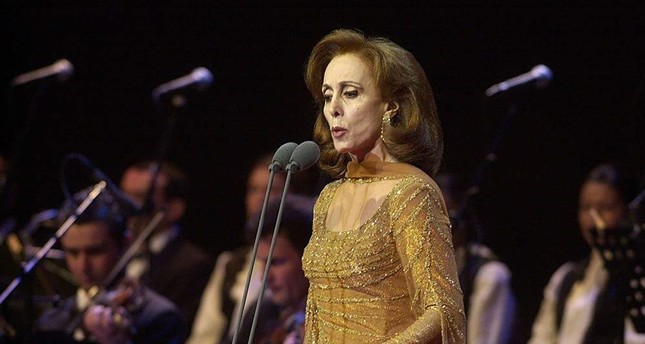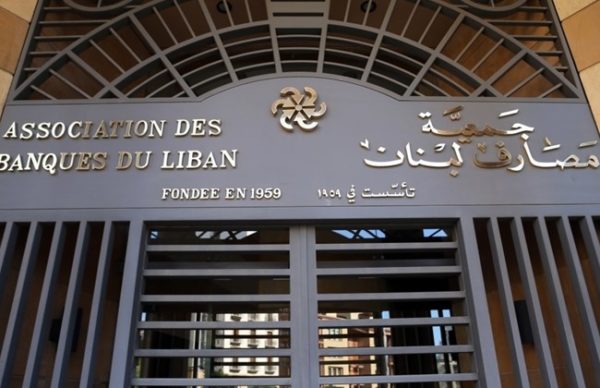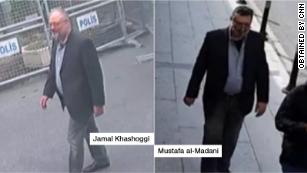
By AP — Beirut: After two months of political deadlock, Lebanon has finally designated a new prime minister to form a government. Now comes the hard part: saving Lebanon from an unprecedented financial crisis. Nominated with the support of Iran-backed Hezbollah and its allies, Prime Minister-designate Hassan Diab and the cabinet he has vowed to form quickly must win over investors and foreign donors. What are the main concerns for investors as Lebanon grapples with a hard currency shortage, a huge public debt and a weakening currency? HOW LIKELY IS A DEBT DEFAULT OR RESTRUCTURING? Lebanon’s public debt burden, equivalent to around 150 per cent of GDP, and its twin current account and fiscal deficits looked unsustainable even before anti-government protesters took to the streets two months ago. Lebanon will face a test of its ability to meet its obligations in 2020, with $10.9 billion of debt maturing across the year, including a $1.2 billion eurobond due in March, Refinitiv data shows.
The international sovereign bonds continue to trade at less than half their face value, while credit default swaps have rocketed, suggesting Lebanon may be drifting towards a default. But that might not be a given. “A combination of fiscal reforms and a restructuring of the domestic debt could be enough to put public finances on a sustainable footing without having to resort to an external default,” Farouk Soussa, senior economist at Goldman Sachs, said in a note this week.
And even if a default does occur, Lebanon might be able to cushion the fallout. Central bank holdings of government securities implied that Lebanon had near-term debt management options that would limit losses borne by the private sector in the event of a default, Moody’s Investors Service said in a note.
IS A CURRENCY DEVALUATION A GIVEN?
Lebanon’s 22-year-old peg to the US dollar has been strained to near breaking point by the country’s political and banking crisis. With the pound losing roughly a third of its official value on the black market, a devaluation has loomed increasingly large. Central Bank Governor Riad Salameh governor has ruled out any such move, saying the government has the means to maintain it. But without a revival in sagging capital flows and a recovery in Lebanon’s external balance sheet, the central bank’s ability to defend the peg will diminish. Foreign exchange reserves have already dwindled to $28 billion, according to Goldman Sachs. Economists say, at least in the short-term, a devaluation could be harmful as it would push up Lebanon’s already steep overseas liabilities – hastening the risk of a default. It would also likely stoke inflation, at 1.3 per cent year-on-year in October.
HOW CAN THE BANKING SYSTEM BE REVIVED?














